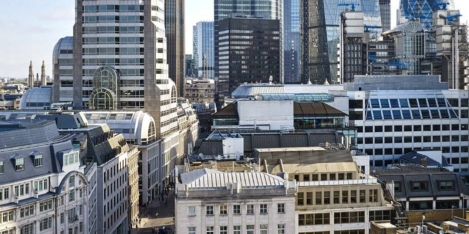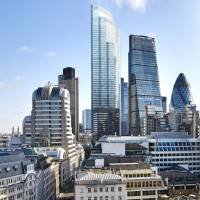July 28, 2016
Brexit ‘passporting’ rights will affect City office property market 0
 Occupier demand for commercial offices may cool as a result of the Brexit vote, with recruitment and expansion slowing, particularly in central London, according to the latest UK property snapshot from Colliers. However, despite the current economic and political climate, unique and premium properties in the City of London should remain insulated against downward rental pressures, as landlords remain bullish on rents and incentives for the best quality units; while given the low vacancy environment and anticipated constraints on new supply, new Grade A offices are still set to perform well. Average net effective rents in the West End are set to fall over the next 6-12 months, but with new supply already below trend and potential speculative schemes being delayed, downward pressure may be short-lived. For the future, retaining ‘passporting’ rights to the single market will be an important issue for the City during Brexit negotiations. To view the full report click here.
Occupier demand for commercial offices may cool as a result of the Brexit vote, with recruitment and expansion slowing, particularly in central London, according to the latest UK property snapshot from Colliers. However, despite the current economic and political climate, unique and premium properties in the City of London should remain insulated against downward rental pressures, as landlords remain bullish on rents and incentives for the best quality units; while given the low vacancy environment and anticipated constraints on new supply, new Grade A offices are still set to perform well. Average net effective rents in the West End are set to fall over the next 6-12 months, but with new supply already below trend and potential speculative schemes being delayed, downward pressure may be short-lived. For the future, retaining ‘passporting’ rights to the single market will be an important issue for the City during Brexit negotiations. To view the full report click here.









 In a new report
In a new report 

















July 19, 2016
UK should avoid severe recession and property crash after Brexit vote 0
by Mark Eltringham • Comment, Knowledge, News, Property
More →